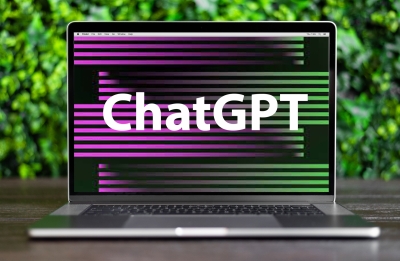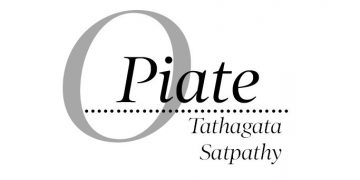New Delhi: A Twitter user claimed that the AI chatbot ChatGPT has saved his dog’s life by accurately diagnosing a blood condition veterinarians were unable to identify.
The user, who goes by the name Cooper on Twitter under the username @peakcooper, stated that his dog named Sassy was diagnosed with a tick-borne disease, but that the symptoms worsened despite taking the prescribed treatment.
“#GPT4 saved my dog’s life. After my dog got diagnosed with a tick-borne disease, the vet started her on the proper treatment, and despite serious anaemia, her condition seemed to be improving relatively well. After a few days, however, things took a turn for the worse,” Cooper wrote in his Twitter post.
“I noticed her gums were very pale, so we rushed back to the vet. The blood test revealed an even more severe anaemia, even worse than the first day we came in. The vet ran more tests to rule out any other co-infections associated with tick-borne diseases, but came up negative,” he added.
Cooper then took his dog back to the vet, but they were unable to provide a further diagnosis and advised him to simply wait and see how the dog’s condition progressed.
“At this point, the dog’s condition was getting worse and worse, and the vet had no clue what it could be. They suggested we wait and see what happens, which wasn’t an acceptable answer to me, so we rushed to another clinic to get a second opinion”.
Moreover, he mentioned that in the meantime, “it occurred to me that medical diagnostics seemed like the sort of thing GPT4 could potentially be really good at, so I described the situation in great detail”.
Cooper entered the actual transcribed blood test results from multiple days and asked for a diagnosis.
While the AI chatbot did not claim to be a veterinarian, it suggested that the dog’s bloodwork and symptoms could indicate immune-mediated hemolytic anaemia (IMHA).
He then took that prognosis to another veterinarian, who confirmed it and began treating the dog appropriately.
Cooper said Sassy has since made almost a full recovery now.
IANS






































